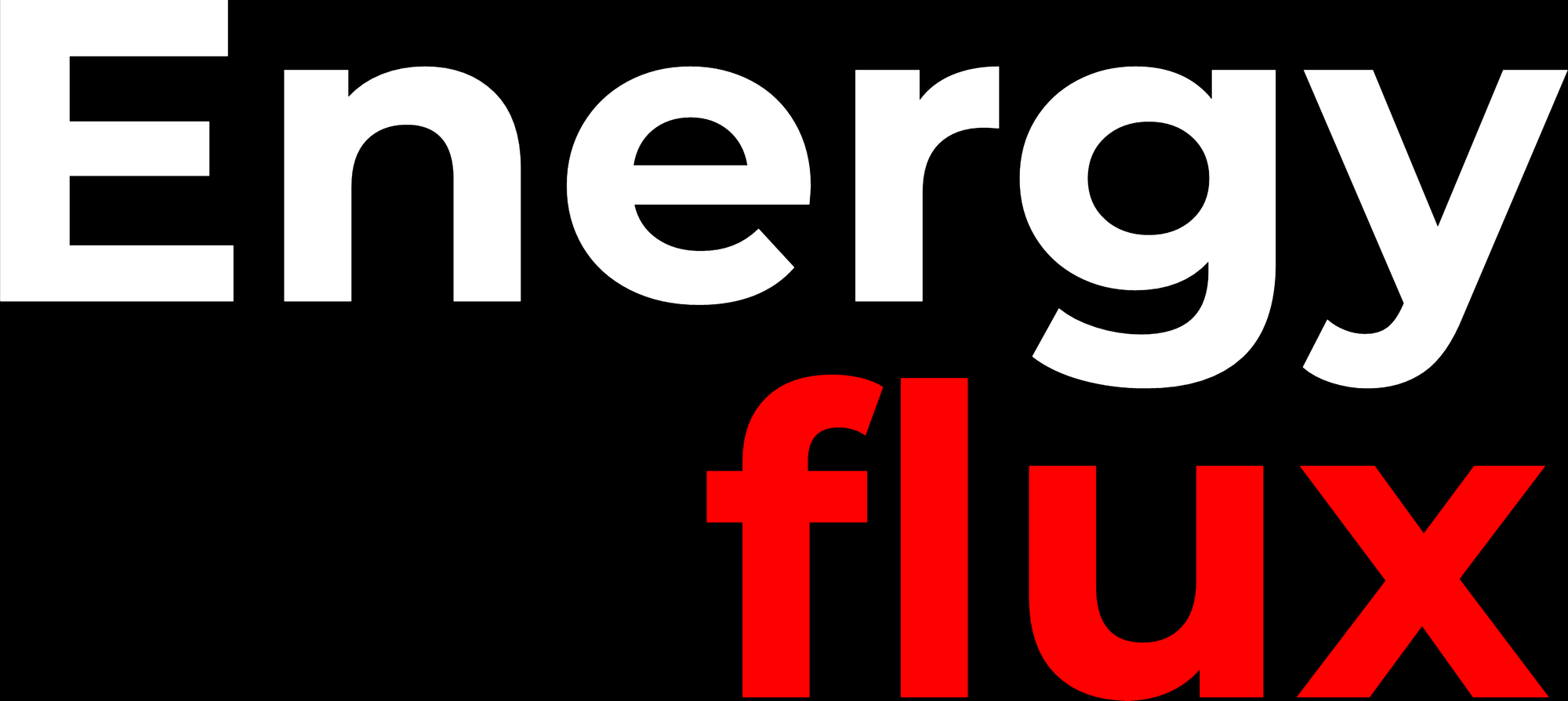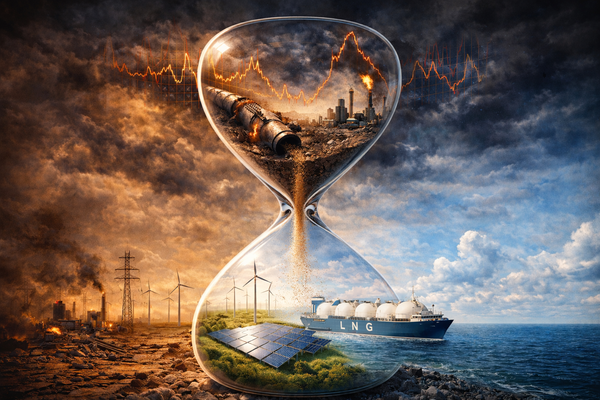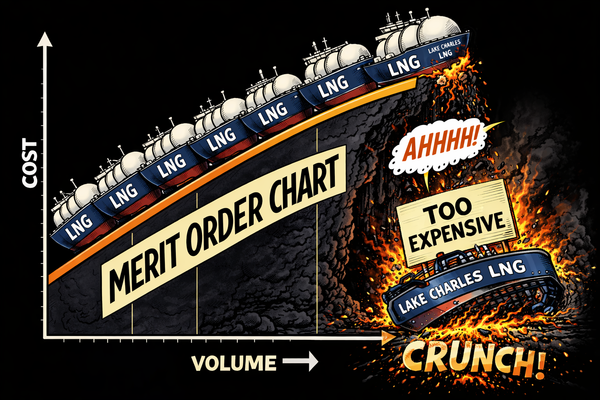US Republicans want to have their climate cake and eat it
The Conservative Climate Caucus peddles the fantasy of quick-fix solutions to the energy trilemma


Member discussion: US Republicans want to have their climate cake and eat it
Read what members are saying. Subscribe to join the conversation.





